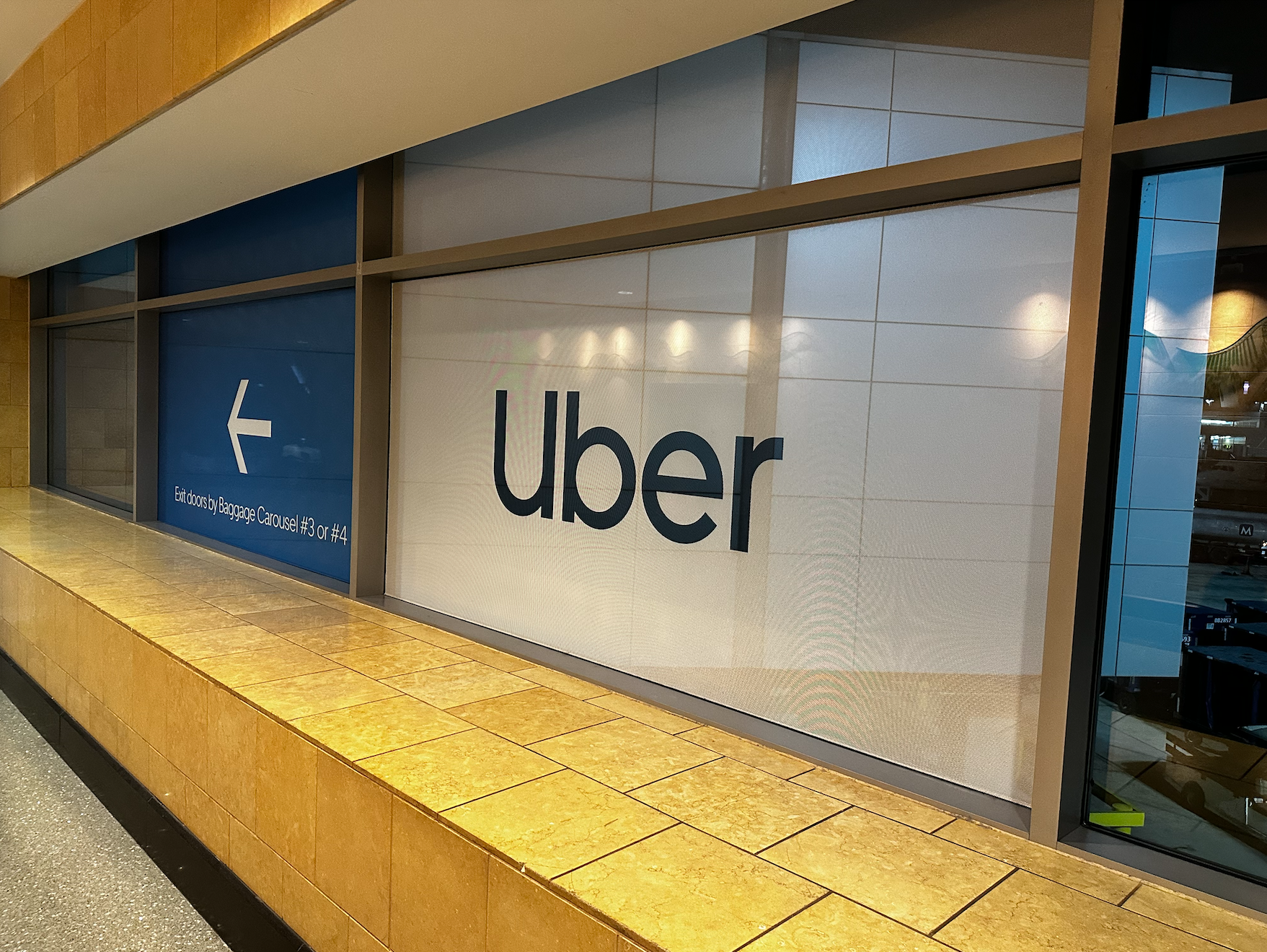In a recent rideshare sexual assault lawsuit filed in Massachusetts’ Suffolk County Superior Court, a Boston woman has accused Sonpreet Singh, Rasier LLC, and Uber Technologies Inc. of sexual battery and negligence. The plaintiff, Rebecca Check, alleges that she was sexually assaulted by her Uber driver during a ride from Boston to Brighton on April 9, 2021. Check’s claim against Uber and Singh – who turned himself in after the incident and was charged with indecent assault and battery – joins a growing number of civil lawsuits against Uber over troubling reports of sexual assaults, rapes, kidnappings, and other misconduct.
Allegations of Rideshare Sexual Assault
According to Rebecca Check’s sexual assault lawsuit, she requested an Uber ride to take her from Boston to her home in Brighton on April 9, 2021. During the ride, the Uber driver, 25-year-old Sonpreet Singh, allegedly made sexually inappropriate comments towards Check. Check claims that, upon arriving at her destination, Singh physically assaulted her.
Check states that she punched the driver in the face, quickly exited the vehicle, and entered her apartment. She was able to provide police with information about Singh by taking a screenshot of her Uber trip receipt, which included the license plate of the vehicle, a photo of Singh, and his first name.
Holding Rideshare Companies Accountable for Assaults
Rebecca Check’s rideshare assault lawsuit, filed earlier this month in Suffolk County Superior Court, asserts claims of sexual battery and negligence against defendants Sonpreet Singh, Rasier LLC, and Uber Technologies Inc. By filing the lawsuit, Check seeks to hold Uber accountable for the actions of its driver, highlighting the duty of care that rideshare companies have towards their passengers. She is seeking damages for emotional injuries, mental pain and suffering, medical expenses incurred as a result of the assault, and loss of enjoyment of life.
Implications for Rideshare Companies like Uber & Lyft
The incident involving Rebecca Check and the subsequent rideshare assault lawsuit raise important questions about the safety measures and responsibilities of rideshare companies like Uber. According to Check’s complaint, Uber sets the pricing for passenger fares, collects payments from passengers, disburses payments to drivers, and requires the use of the Uber app for setting up rides. The lawsuit argues that these extensive control mechanisms demonstrate Uber’s responsibility for the actions of its drivers.
Prioritizing Passenger Safety in the Rideshare Industry
Check’s lawsuit, along with the roughly 2,000 other sexual assault lawsuits pending against Uber in state and federal courts across the country, serve as a reminder of the importance of passenger safety in the rideshare industry. Rideshare companies like Uber and Lyft argue that incidents like this are rare. On the contrary, In 2017 and 2018 alone, Uber received nearly 6,000 reports of sexual assault incidents, including hundreds of reports of rape. Lyft faced allegations of more than 4,000 sexual assault incidents between 2017 and 2019.
These troubling statistics highlight the need for these companies to implement robust safety measures and protocols to protect passengers from harm. Passenger safety should be a top priority, and rideshare companies must continuously evaluate and improve their safety practices to prevent such incidents from occurring in the future.
Rideshare Assault Lawsuit Information
Uber releases safety report revealing 5,981 incidents of sexual assault, CNN
Uber Driver Accused of Sexually Assaulting Passenger in Brighton, NBC Boston




